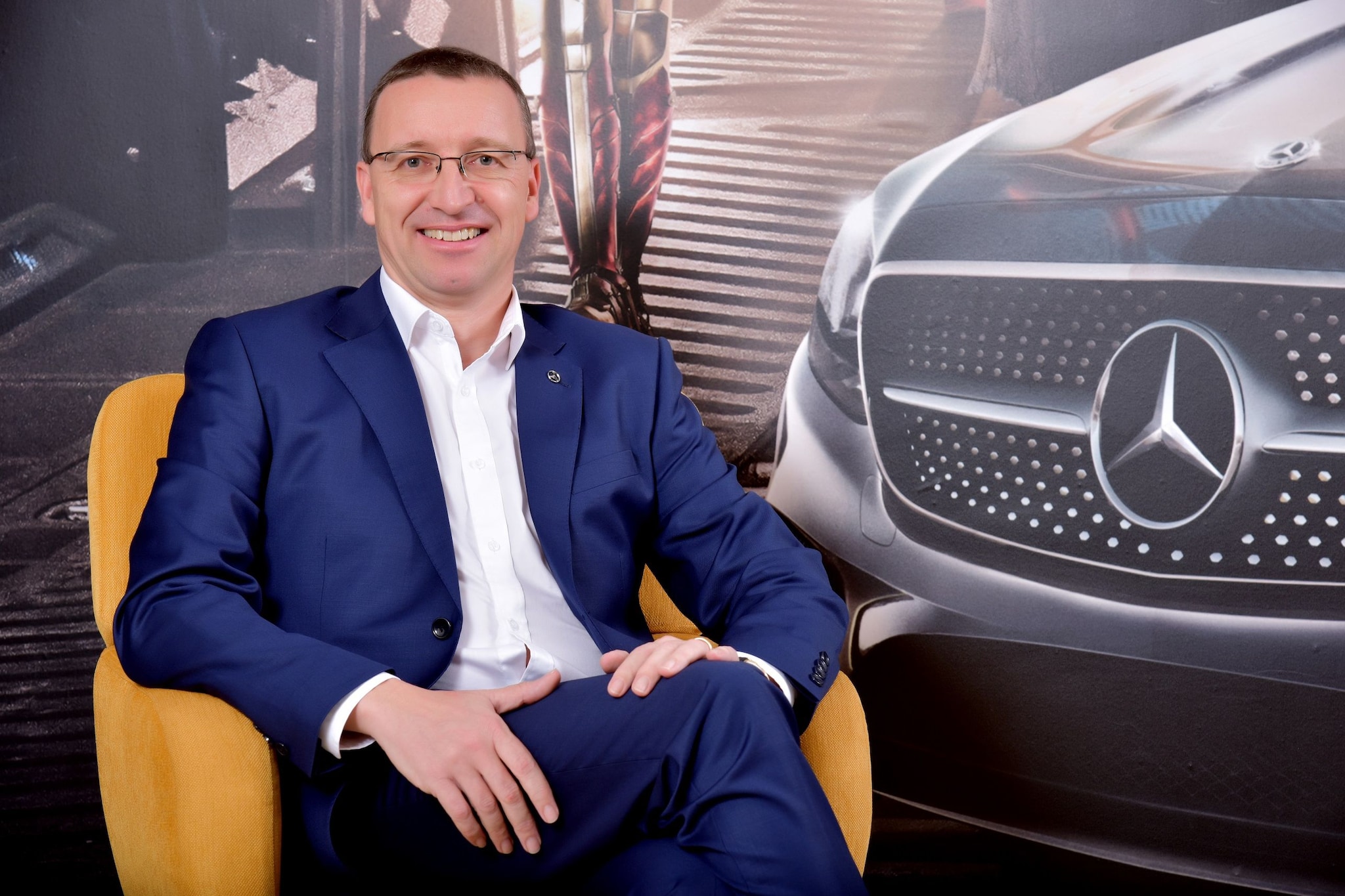
Launching cars virtually was a novel experience for us: Mercedes-Benz India's Martin Schwenk
The German carmaker's MD & CEO talks about their digital initiatives and why online consultations are here to stay

No other luxury automobile company has been as active as Mercedes-Benz India in 2020. On December 13, the German brand hosted a car rally of 46 old and iconic Mercs in Mumbai, flagged off by Maharashtra’s home minister Anil Deshmukh. The event also felicitated Maharashtra’s women Covid-19 warriors.
About a month ago, the luxury car brand entered into a retail marketing tie-up with State Bank of India (SBI) to access the latter’s HNI customer base for selling its premium cars.
And through the year Mercedes-Benz India launched 10 new cars in India.
The business plan was to keep the momentum going and to stay connected with customers, says Martin Schwenk, MD & CEO of Mercedes-Benz India.
Q. Why did Mercedes-Benz India launch so many new products this year?
New product introductions create customer excitement and drive positive momentum. We launched 10 new products including some of the segment leading cars like the GLE and GLS SUVs. In addition, we introduced a wide range of AMG performance cars including the AMG C63, AMG GT 4-Door Coupe, AMG GT R, the stylish SUV coupes like the AMG GLE 53 and the first ‘Made in India’ AMG, the AMG GLC 43. There were some delays due to the pandemic, but we ensured our customers have new products to choose from from our global portfolio. We also underlined our transition into e-mobility with the launch of India’s first ‘Luxury EV'—the EQC.







